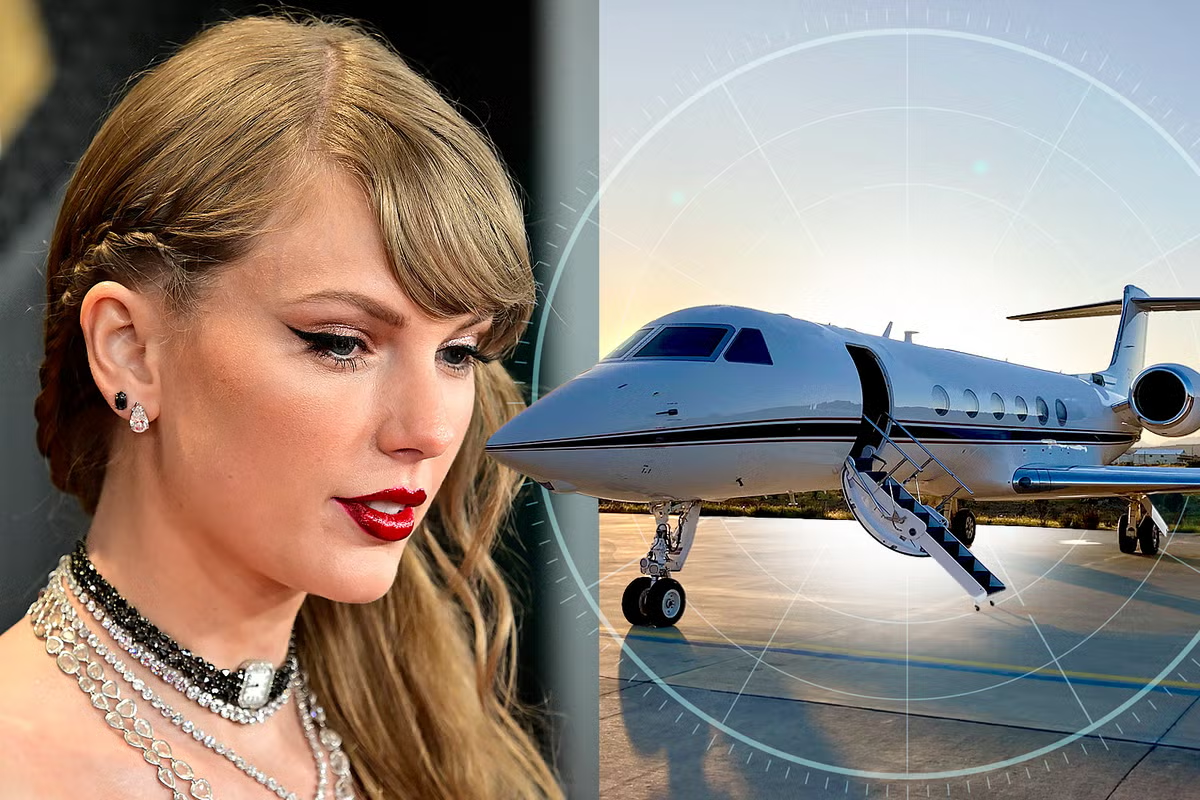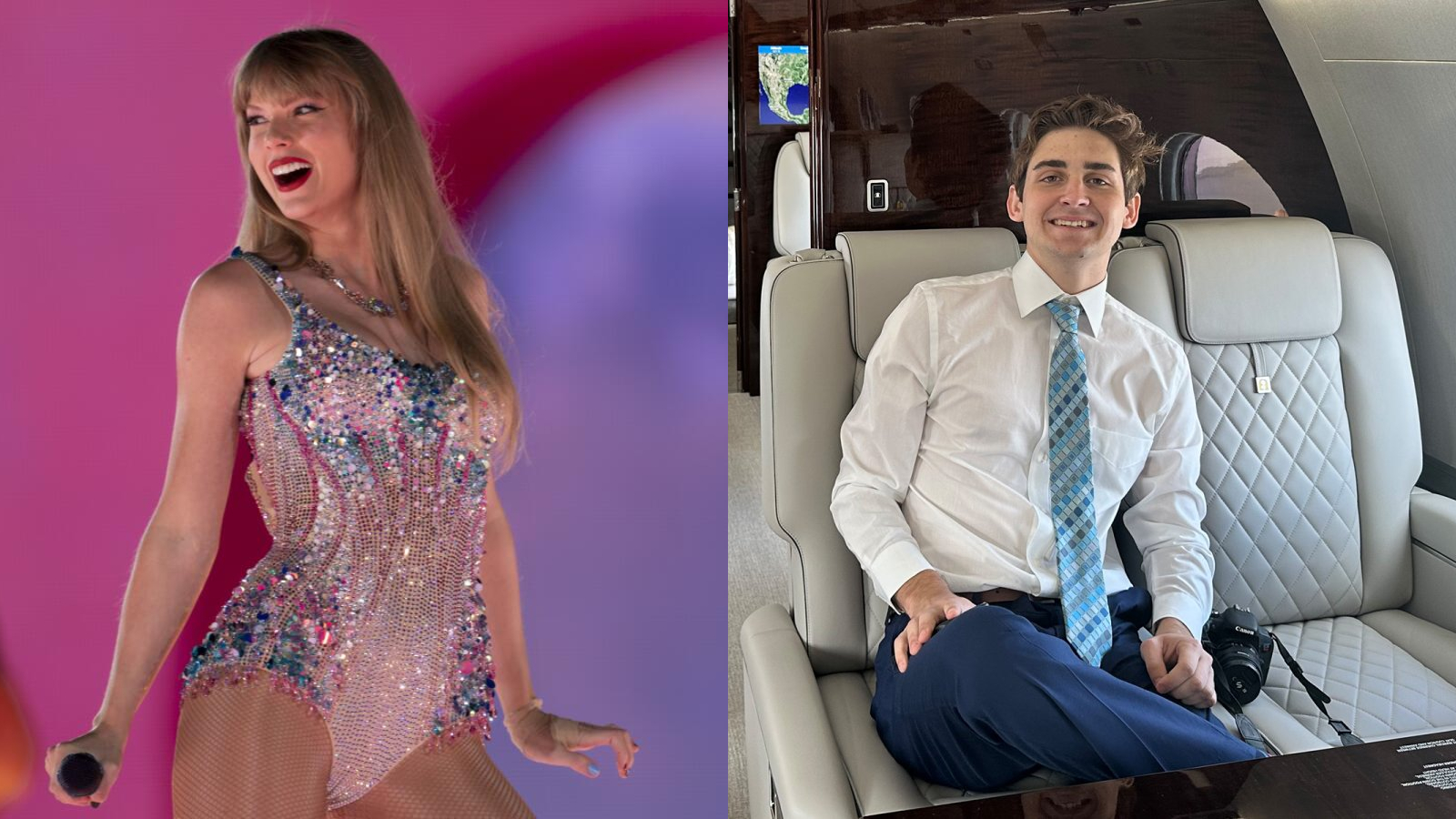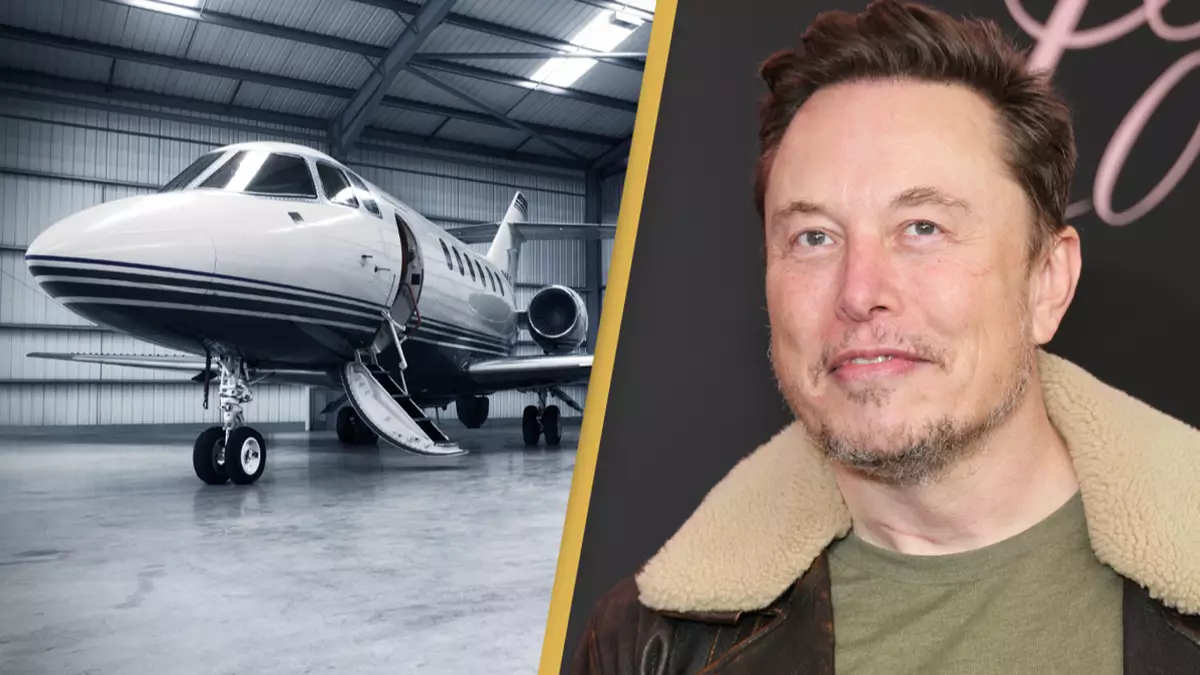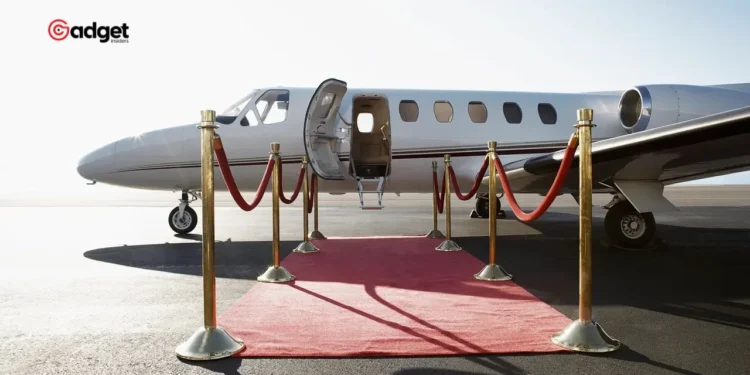President Joe Biden recently signed a significant piece of legislation, the FAA reauthorization bill, which includes provisions aimed at enhancing privacy for private aircraft owners. This move could mark a pivotal shift in how the travels of celebrities like Elon Musk and Taylor Swift are tracked and reported.

Understanding the New Legislation
The legislation, encompassing over 1,100 pages, includes a specific section dedicated to data privacy that significantly expands the ability of private jet owners to shield their flight details from the public eye. The new rules allow owners to request that their flight data be omitted from public tracking sites, utilize a temporary registration number, and block other identifiable information from being disseminated—except for physical markings required by law.
Current Measures and Their Limitations
Currently, celebrities and other high-profile figures can use two federal programs—the Limiting Aircraft Data Displayed (LADD) and the Privacy ICAO Address (PIA)—to hide their jet movements. While these programs have provided some level of privacy, they have their limitations, particularly when aircraft owners travel internationally or when their data is accessed through third-party sources.

International Travel and Enhanced Anonymity
The updated law will allow PIA program participants to maintain their anonymity even when flying outside the U.S., a change from the current requirement to swap out PIA codes during international travel. This could significantly enhance privacy for jet owners who frequently travel across borders.
Potential Impacts and Limitations of the New Law
Despite the new provisions, jet-tracking enthusiasts and experts believe that complete privacy may still be unattainable. Jack Sweeney, known for his celebrity jet-tracking efforts, remarked on social media platform X, “Let this be said that this doesn’t prevent us from tracking jets. We can still figure out who’s who via context clues.” This indicates that while the law increases privacy, determined sleuths may still find ways to identify aircraft and their owners.
FAA’s Compliance and Future Directions
An FAA spokesperson has confirmed the agency’s commitment to implementing the new privacy measures as stipulated in the legislation. However, Mark Dombroff, an aviation attorney and former FAA lawyer, emphasizes that achieving the desired level of privacy will require further refinement of information availability and usage.

Conclusion: A Step Towards Enhanced Security
This legislative update represents a significant move towards addressing the security concerns of high-profile individuals and reflects a growing awareness of the need for enhanced privacy measures in an increasingly monitored world. As the FAA works to implement these changes, the effectiveness of the new measures in protecting the privacy of the rich and famous will be closely watched.










